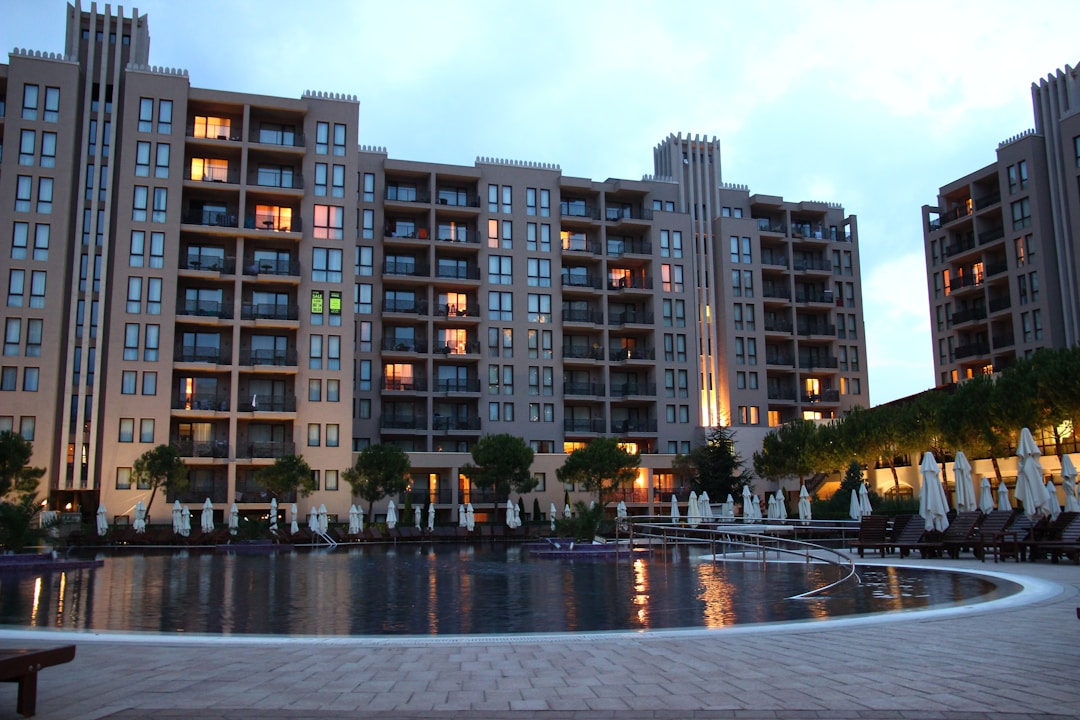Owning and managing an apartment building can be both lucrative and rewarding. From selecting the right tenants to ensuring that the property is well-maintained, there are numerous aspects to consider. Whether you’re a seasoned landlord or just getting started, managing a successful apartment building requires planning, organization, and a proactive approach. Below, we delve into essential tips to help ensure that your building runs smoothly and is an asset for both you and your tenants.
1. Prioritize Safety and Security
One of the primary concerns for tenants when choosing an apartment is safety. Ensuring that the property is well-lit, has secure entryways, and is equipped with modern security systems can make your property more attractive to potential renters. Regular safety inspections can help prevent accidents and potential lawsuits. Moreover, it’s essential to invest in comprehensive apartment building insurance. This not only provides a safety net against potential damages and liabilities but also shows your tenants that you are invested in their well-being and the longevity of the property.
2. Focus on Aesthetics and Functional Improvements
A well-maintained apartment building is not just about functional repairs. Enhancing the aesthetics can add value to the property and increase tenant satisfaction. Consider updating common areas, repainting walls in neutral tones, or adding plants and greenery to enhance the environment. On the outside, improving the landscape can create a great first impression. If you have outdoor communal areas, investing in hardscaping services can provide both functional and aesthetic benefits. From patios to walkways, hardscaping can make these spaces more usable and appealing.
3. Foster Good Communication with Tenants
Building a sense of community and fostering open communication with your tenants can make managing the property smoother. Establish clear channels through which tenants can report issues or voice concerns. This could be through a dedicated phone line, email, or a property management app. Regularly updating tenants about upcoming maintenance, building improvements, or community events can also foster goodwill and build trust.
4. Implement Efficient Maintenance Procedures
Being proactive about maintenance can prevent small issues from becoming costly repairs. Conduct regular inspections to identify potential problem areas and address them promptly. Furthermore, have a list of reliable contractors and service providers on standby to handle various issues, from plumbing to electrical. Promptly addressing maintenance requests from tenants not only ensures that the property remains in good shape but also boosts tenant satisfaction and reduces turnover.
5. Screen Tenants Thoroughly
Selecting the right tenants is crucial for smooth building management. A thorough screening process, which includes checking references, credit scores, and rental histories, can help ensure that you’re renting to responsible individuals. Setting clear lease terms and being consistent with enforcing them is equally important. For instance, if pets are allowed, specify the size and type, and consider asking for an additional security deposit.
6. Stay Updated with Local Regulations

Laws and regulations pertaining to rental properties can vary by region and change over time. It’s crucial to stay updated with local rules to avoid potential legal complications. This includes understanding tenants’ rights, eviction procedures, and rent control laws, if applicable. Joining local landlord or property management associations can provide valuable insights and keep you informed about the latest regulatory changes.
7. Encourage Long-term Tenancies
Having long-term tenants can reduce turnover costs and the hassles of frequently finding new renters. To encourage longer leases, consider offering incentives such as a small discount on monthly rent or a one-time renovation like new paint or fixtures. Additionally, regular check-ins and surveys can help understand what amenities or services might make tenants more inclined to renew their leases.
Final Thoughts on Successful Apartment Building Management
Owning an apartment building can be a valuable investment, but it comes with its share of responsibilities. Prioritizing safety, focusing on aesthetics and functionality, fostering communication, and being proactive about maintenance are key pillars of effective management. By paying close attention to tenant needs, staying updated with local regulations, and valuing long-term tenancies, you can ensure that your apartment building remains a coveted place to live, guaranteeing steady returns and a reputation for excellence.

